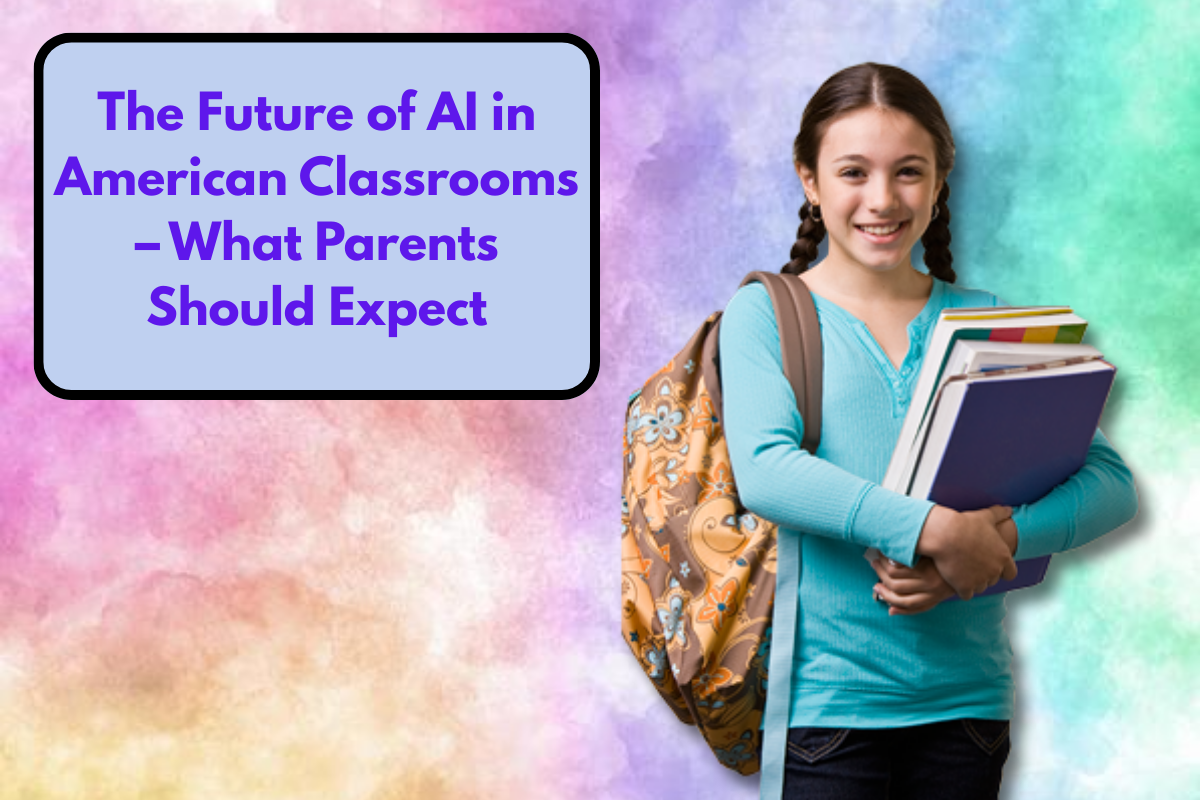Artificial Intelligence (AI) is no longer confined to tech labs or science fiction—it is quickly becoming part of everyday life, including education. Across the United States, schools are adopting AI tools to enhance learning, personalize education, and support teachers. For parents, the rise of AI in classrooms sparks both excitement and questions about how it will shape their children’s future. Understanding what AI can (and cannot) do will help parents better prepare for this educational transformation.
Personalized Learning for Every Child
One of the most promising applications of AI in classrooms is personalized learning. Traditional teaching methods often follow a “one-size-fits-all” model, but AI can adapt to each child’s pace and learning style. Programs powered by AI track student progress, identify areas of weakness, and provide customized lessons or practice exercises. For example, a child struggling with math can receive extra practice problems, while another excelling in reading can be introduced to more advanced materials. This tailored approach ensures that no student is left behind.
AI as a Teaching Assistant, Not a Replacement
Parents often worry that AI will replace teachers, but in reality, it works best as a supportive tool. AI can handle repetitive tasks such as grading assignments, organizing lesson plans, or tracking attendance. This allows teachers to focus on building meaningful relationships with students and fostering creativity in the classroom. Far from replacing educators, AI gives them more time to mentor and guide students—roles that technology cannot replace.
Addressing Concerns About Data and Privacy
With AI comes the issue of data collection, which is a top concern for parents. AI systems often gather information about student performance, learning habits, and even behavioral patterns. Schools must ensure that this data is kept secure and used responsibly. Parents should expect stricter privacy policies and greater transparency about how their children’s data is being handled. Open communication between schools and families will be critical in building trust.
Preparing Students for an AI-Driven Future
Beyond improving classroom learning, AI also prepares students for the future workforce. As industries continue to embrace automation and AI-driven processes, students familiar with these technologies will have an advantage. Exposure to AI tools in school teaches children how to think critically, adapt to new technologies, and develop digital literacy skills that will be essential in the coming decades. Parents can view this as an investment in their child’s long-term success.
AI in American classrooms is set to transform education by making learning more personalized, efficient, and future-focused. While concerns about data privacy and over-reliance on technology remain, the benefits of AI as a supportive tool for teachers and a personalized guide for students are undeniable. Parents should expect classrooms that blend traditional teaching with advanced technology, ultimately helping students prepare for a rapidly changing world.
FAQ’s:
Q1. Will AI replace teachers in the classroom?
No, AI is designed to support teachers by automating routine tasks, not to replace them.
Q2. How does AI benefit students?
It provides personalized learning experiences, identifies learning gaps, and helps students progress at their own pace.
Q3. Are there risks with using AI in schools?
The main concern is data privacy, but schools are expected to adopt stricter protections to safeguard student information.
Q4. Will AI help prepare students for future jobs?
Yes, early exposure to AI tools builds digital literacy and problem-solving skills essential for the modern workforce.
Q5. How can parents stay involved in this transition?
Parents should stay informed, ask schools about privacy policies, and encourage children to balance technology with human interaction.
